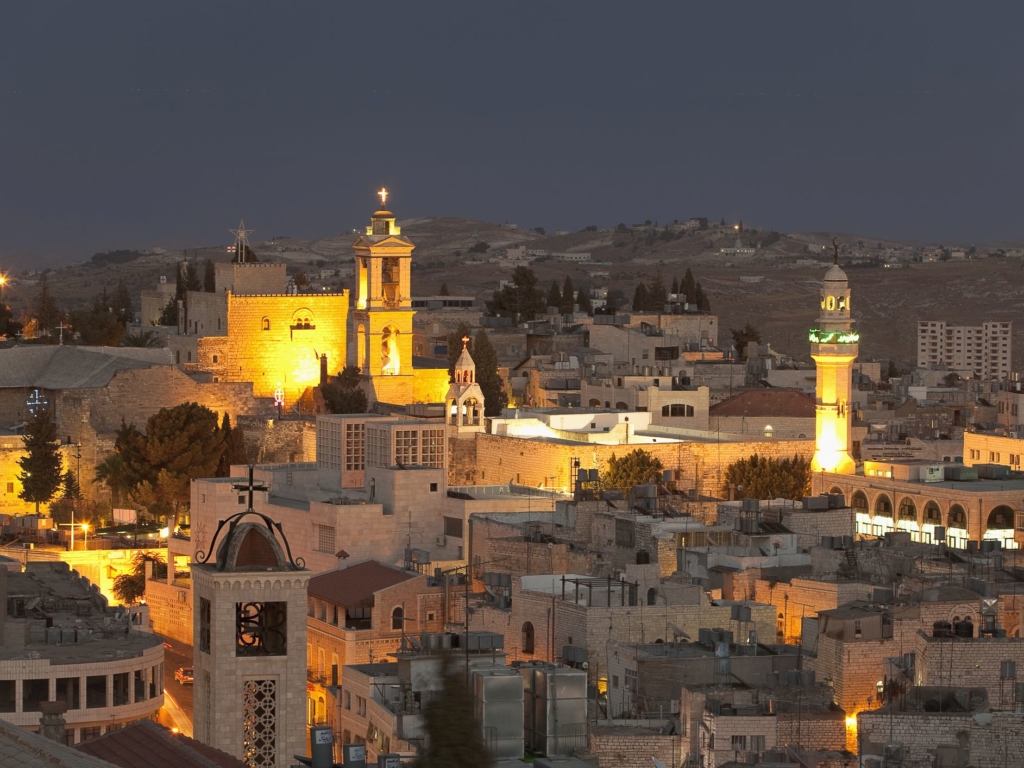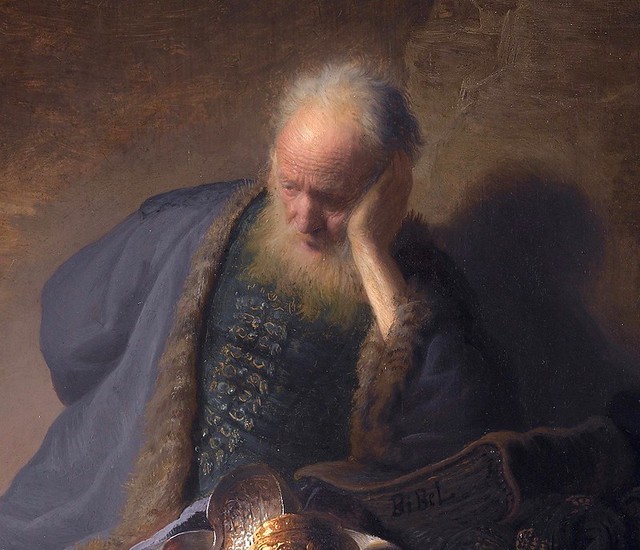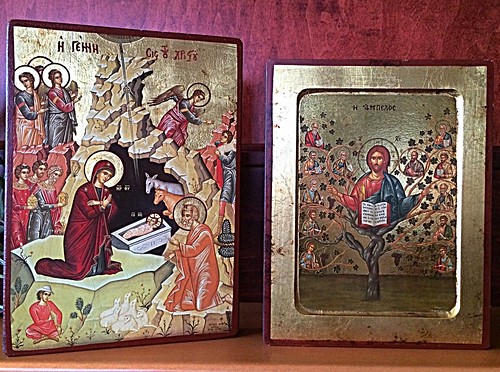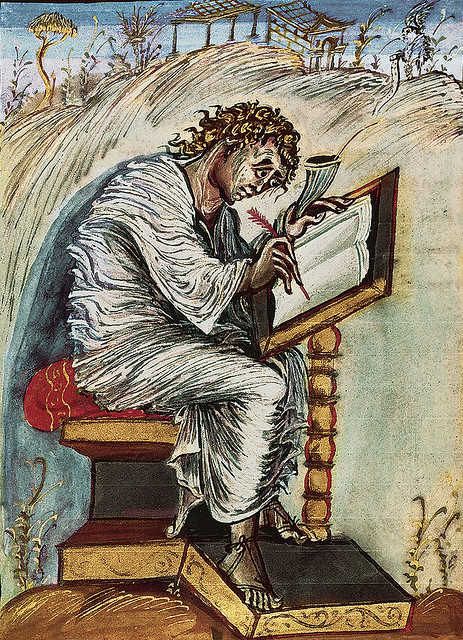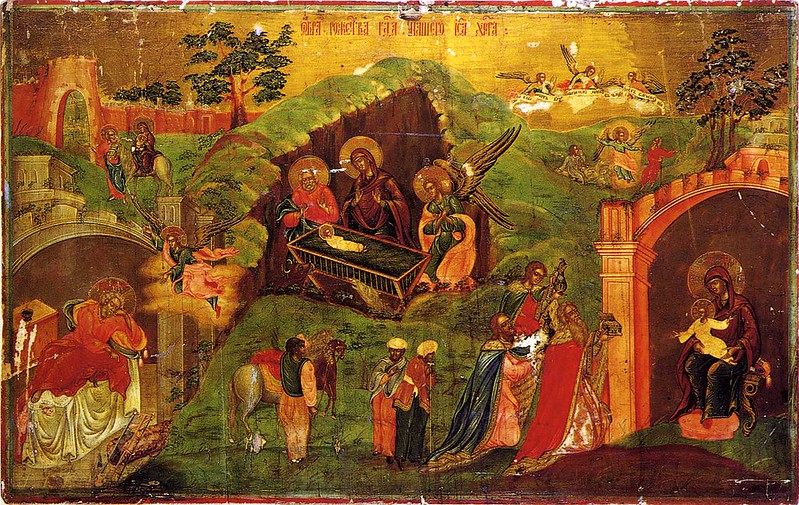The Anticipated Christ
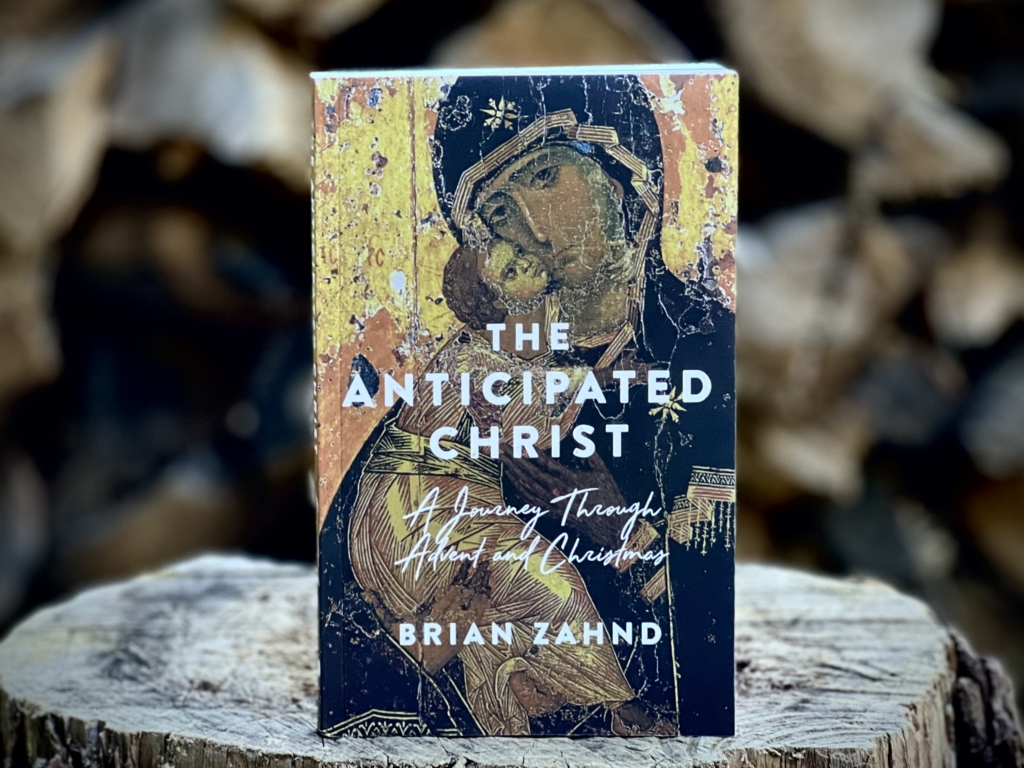
Three years ago I wrote a Lenten devotional, The Unvarnished Jesus. Now I’m happy to announce that I’ve written an Advent and Christmas devotional, The Anticipated Christ. These forty-two devotions take the reader on a journey from the first Sunday of Advent through the twelve days of Christmas and to Epiphany on January 6.
I would like to share with you the introduction and the first devotion to give you a sense of what the book is like. I pray The Anticipated Christ will enrich your experience of Advent and Christmas.
Blessings,
BZ
* * * * * * * * * * * * * *
Introduction
Ours is a secular age. The sacred is pushed to the periphery. To keep the sacred at the center of our lives is a heroic act of defiance. To be a religious person in an irreligious world may be the last act of rebellion. I advocate such rebellion. I reject the trite aphorism, “I’m spiritual, but not religious.” Of course, I’m spiritual, we all are, but I’m also religious — or at least I seek to be. Amorphous spirituality too easily becomes little more than a mood with a sprinkling of “wellness” techniques. I need something more rigorous, something more deeply rooted, something that draws upon the deep wells of ancient wisdom and practice. This is what we find in the Great Tradition of the Christian faith.
Read more
